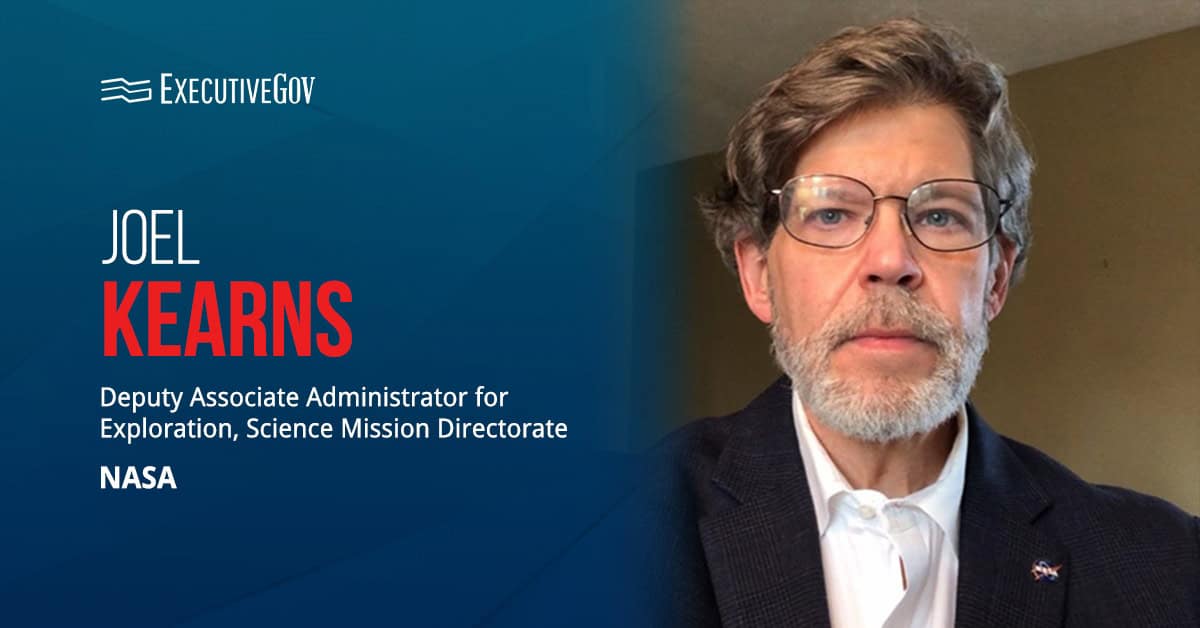Gina Raimondo, secretary of the Department of Commerce, said semiconductor manufacturer Nvidia is allowed to sell artificial intelligence chips designed for commercial applications to China, Reuters reported Tuesday.
“What we cannot allow them to ship is the most sophisticated, highest-processing power AI chips, which would enable China to train their frontier models,” Raimondo said.
Raimondo said the U.S. government is currently in talks with Nvidia regarding the permissible sale of AI chips to China and noted that Nvidia CEO Jensen Huang made it clear that the transaction will comply with regulations.
“They want to do the right thing. Obviously they want to sell as many chips as possible,” Raimondo said.
According to Huang, Nvidia will ensure that the company’s China-focused AI chip products are compliant with export rules.





